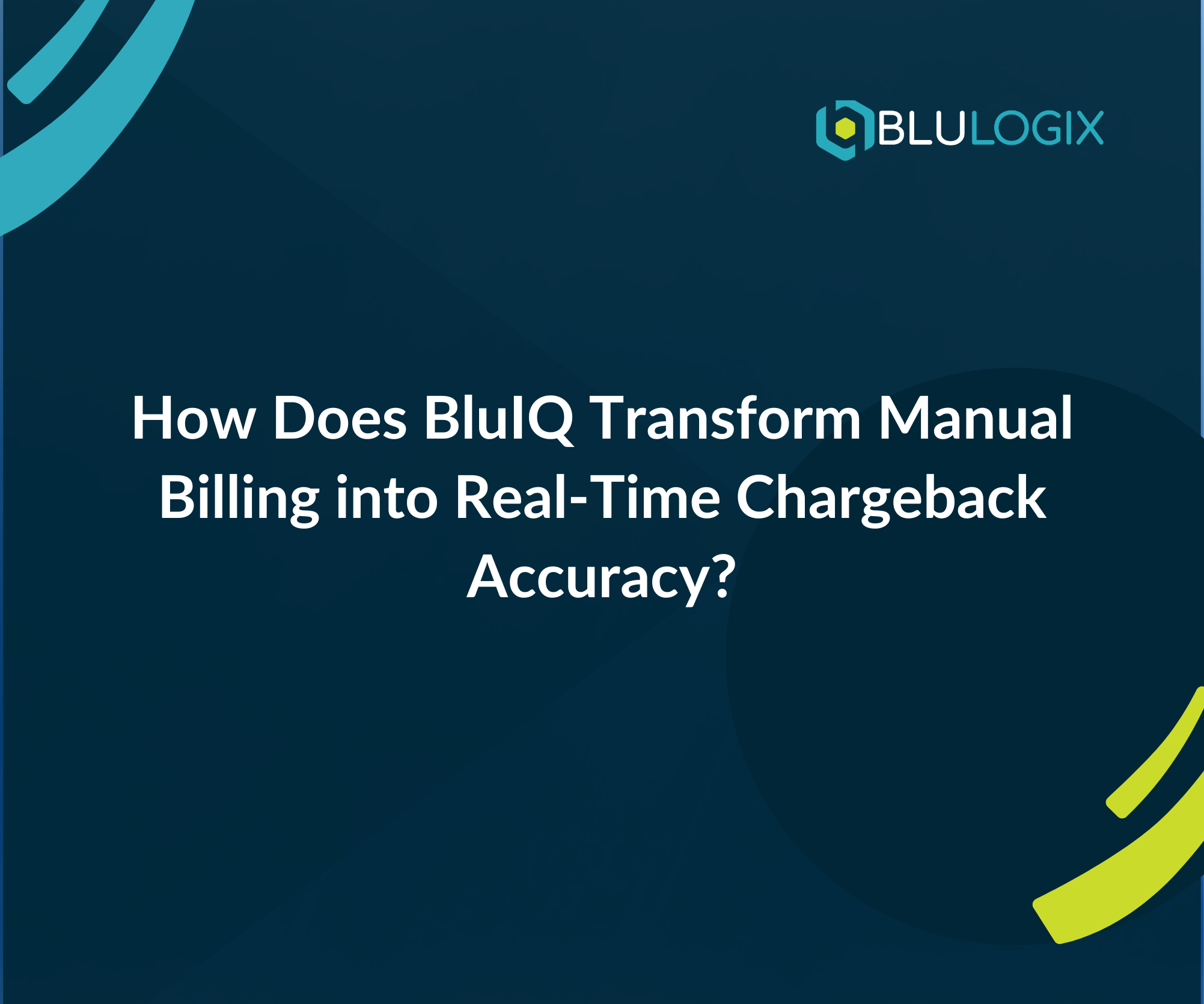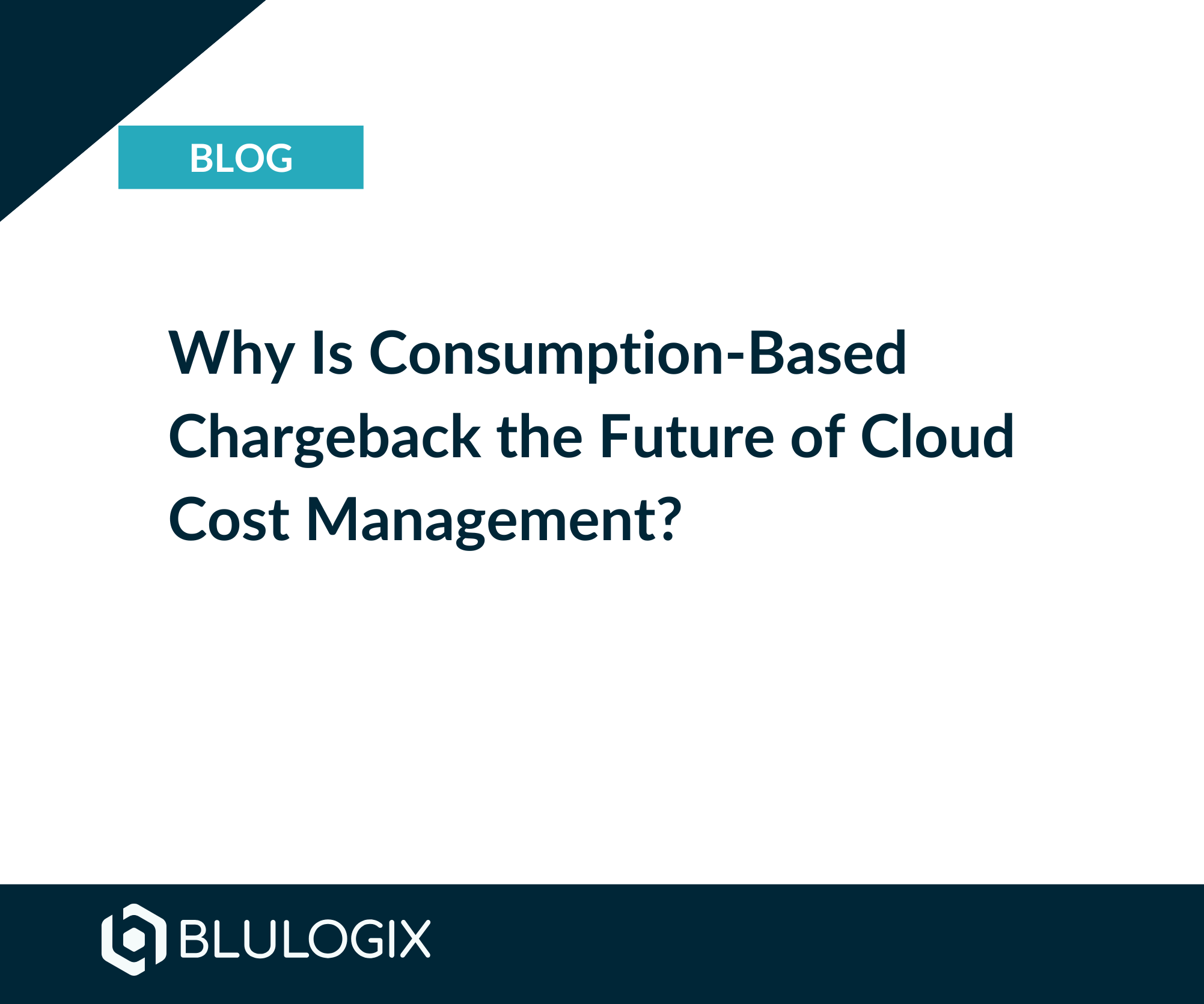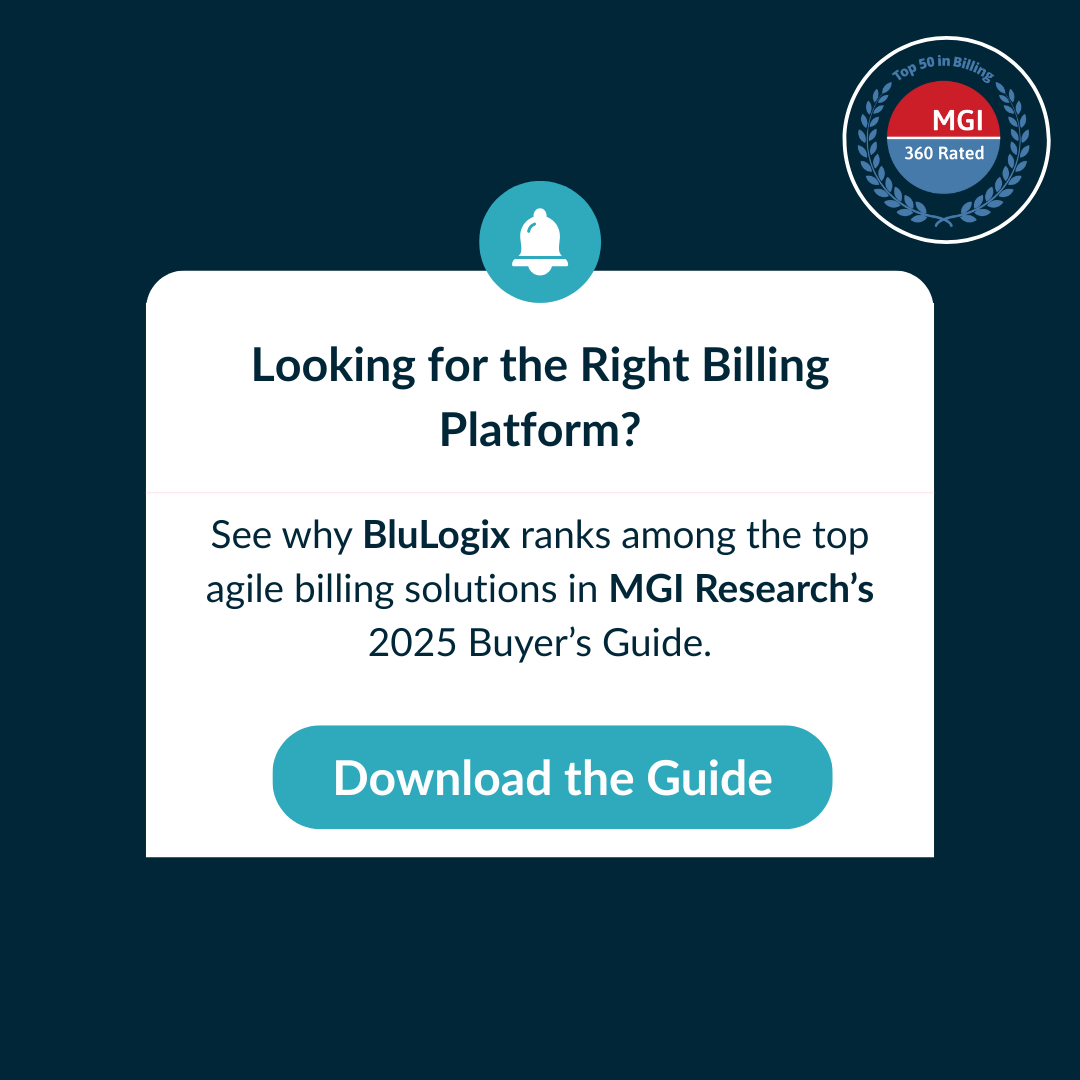Best Practices for Revenue Management
What are the best practices for effective revenue management to support growth and profitability?
Ready to see how BluIQ can transform your billing process and help you achieve integrated, automated, and accurate complex monetization? Schedule a demo with a BluLogix billing expert today and take the first step towards revolutionizing your revenue management.
Best Practices for Revenue Management: Supporting Growth and Profitability
Effective revenue management is critical for achieving business growth and ensuring profitability. It involves a strategic approach to understanding, projection, and optimizing revenue streams while maintaining compliance with financial standards. By adopting best practices for revenue management, businesses can improve financial performance, make informed decisions, and build a solid foundation for sustainable success.
Key Best Practices for Effective Revenue Management
- Accurate Revenue Projection & Prediction
One of the key elements of successful revenue management is accurate revenue projection & prediction. Businesses need to predict future revenue streams based on historical data, market trends, and customer behavior. Accurate projection helps businesses anticipate financial needs, allocate resources effectively, and make strategic decisions that support growth. Revenue projection should be dynamic, continuously updated as market conditions and customer trends evolve.
- Automate Revenue Recognition
Compliance with accounting standards, such as ASC 606 or IFRS 15, is essential for accurate revenue recognition. By automating revenue recognition, businesses can reduce manual errors, maintain consistent financial reporting, and meet compliance requirements. Automation also enables finance teams to allocate revenue accurately based on contractual obligations and delivery milestones, simplifying the process of revenue management and ensuring timely and accurate financial reporting.
- Margin Analysis for Profit Optimization
Understanding profitability at a granular level is crucial for effective revenue management. Margin analysis allows businesses to evaluate the profitability of different products, services, and customer segments. By identifying high-margin opportunities and areas where costs can be reduced, businesses can make strategic adjustments to improve profitability. Detailed margin analysis also helps in refining pricing strategies, optimizing bundles, and targeting promotions to drive better results.
- Integrate Financial Systems for Seamless Data Flow
General Ledger (GL) integration is a best practice that supports seamless data synchronization between financial systems, such as billing and ERP platforms. Integrating the GL allows for accurate tracking of revenue, costs, and adjustments, providing a unified view of financial performance. Automation of data transfer between systems reduces manual errors, improves financial visibility, and ensures consistency in financial reporting.
- Real-Time Data Analysis for Informed Decision-Making
Real-time data analysis is essential for effective revenue management. By leveraging real-time insights into revenue, costs, and customer behavior, businesses can make informed decisions that drive growth and profitability. Real-time data enables companies to respond quickly to changing market conditions, adjust pricing, and capitalize on emerging opportunities. This proactive approach to revenue management helps businesses stay ahead of the competition.
- Customer Profitability Analysis
Not all customers contribute equally to profitability. Conducting a customer profitability analysis helps businesses understand which customer segments are most valuable and prioritize resources accordingly. By focusing on high-value customers and identifying opportunities to improve margins for lower-value segments, businesses can maximize profitability while maintaining customer satisfaction. Tailored marketing and sales strategies can also be developed based on the insights gained from customer profitability analysis.
- Cross-Departmental Collaboration
Revenue management is not just the responsibility of the finance team; it requires collaboration across multiple departments, including sales, marketing, and operations. Effective communication between these teams ensures that revenue-related decisions are aligned with overall business goals. Cross-departmental collaboration helps identify new revenue opportunities, optimize pricing, and enhance customer experience, ultimately supporting overall business growth.
Real-World Impact of Best Practices in Revenue Management
Consider a SaaS company that adopted automated revenue recognition and real-time margin analysis to improve its financial management. By automating revenue recognition, the company ensured compliance with ASC 606, reduced manual errors, and streamlined its book-closing process. Real-time margin analysis helped the company identify underperforming products and optimize pricing strategies, resulting in increased profitability and better alignment with market demand.
Another example is a retail business that integrated its billing and ERP systems through GL integration. This seamless data flow allowed the company to accurately track revenue, automate financial reporting, and maintain consistency in its financial records. The result was improved financial visibility, reduced reconciliation time, and more informed decision-making.
Best Practices for Revenue Management provide businesses with the tools and strategies needed to support growth and profitability. By focusing on accurate projections, automating revenue recognition, conducting margin and customer profitability analyses, integrating financial systems, and promoting cross-departmental collaboration, companies can enhance their revenue management capabilities and achieve sustainable success.
In today’s competitive business environment, effective revenue management is key to building a resilient and profitable company. By adopting these best practices, businesses can ensure that they are well-positioned to capitalize on growth opportunities, optimize profitability, and maintain financial integrity.
Ready to see how BluIQ can transform your billing process and help you achieve integrated, automated, and accurate complex monetization? Schedule a demo with a BluLogix billing expert today and take the first step towards revolutionizing your revenue management.
Learn more

How Does BluIQ Transform Manual Billing into Real-Time Chargeback Accuracy?

Why Is Consumption-Based Chargeback the Future of Cloud Cost Management?



